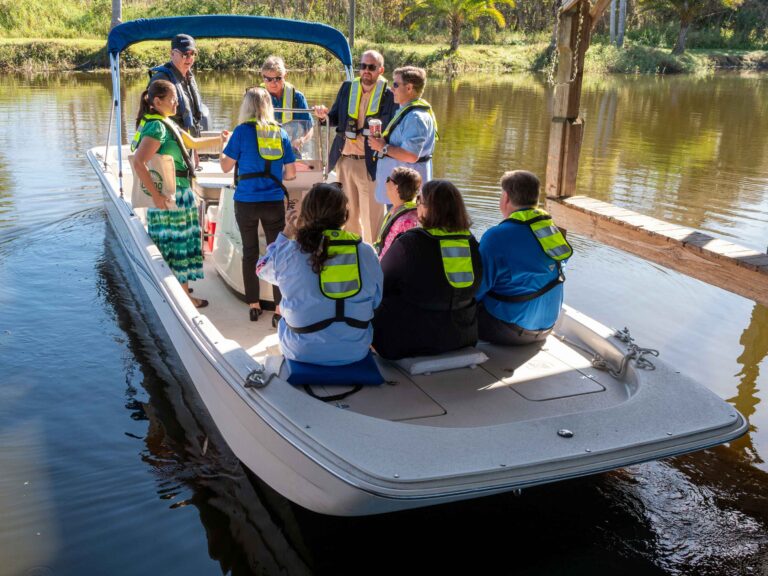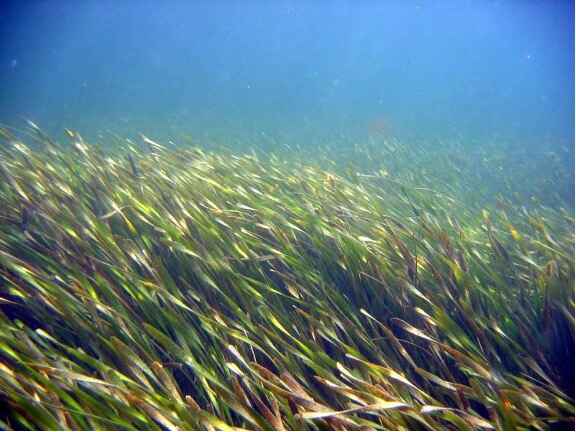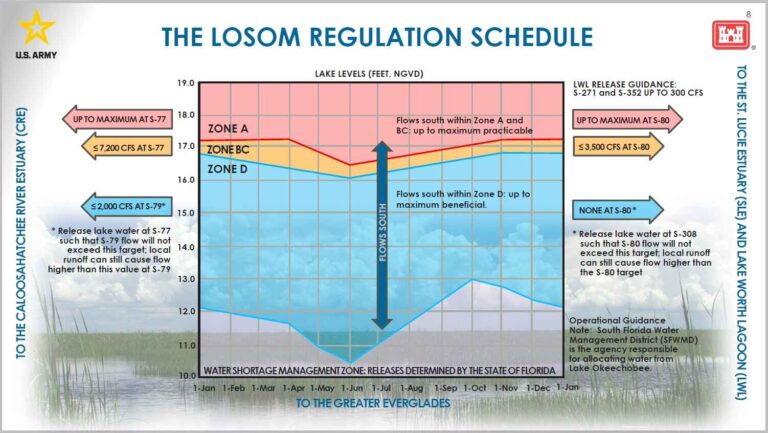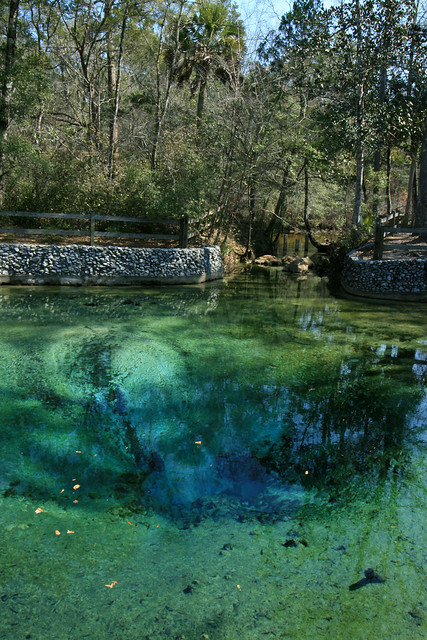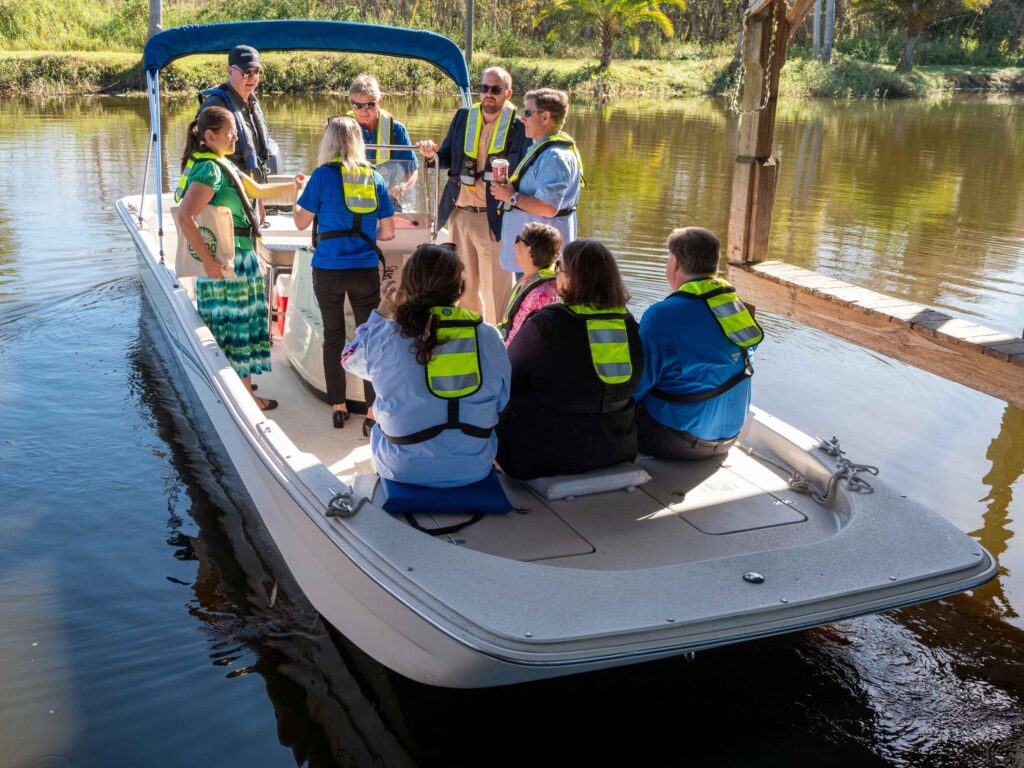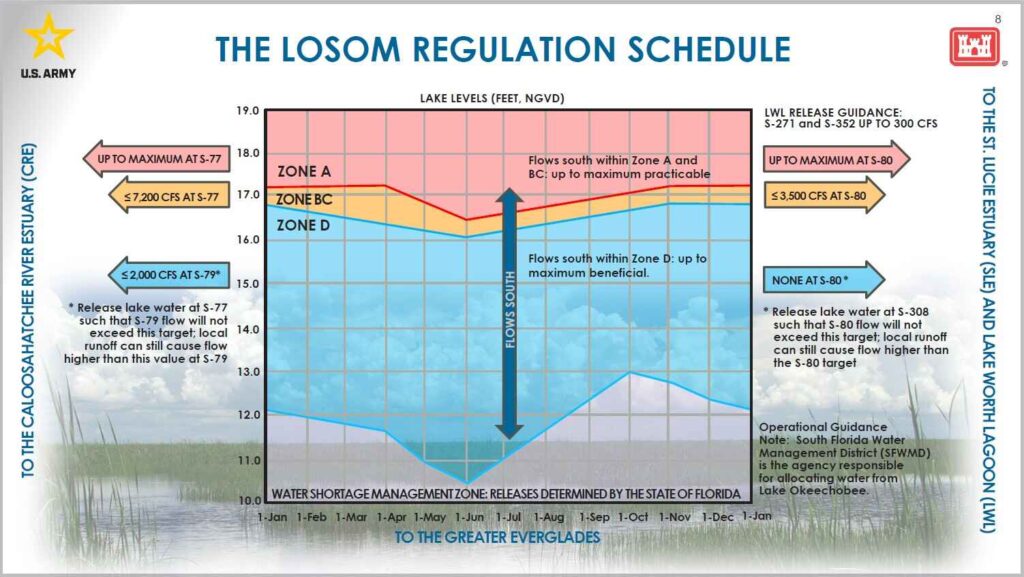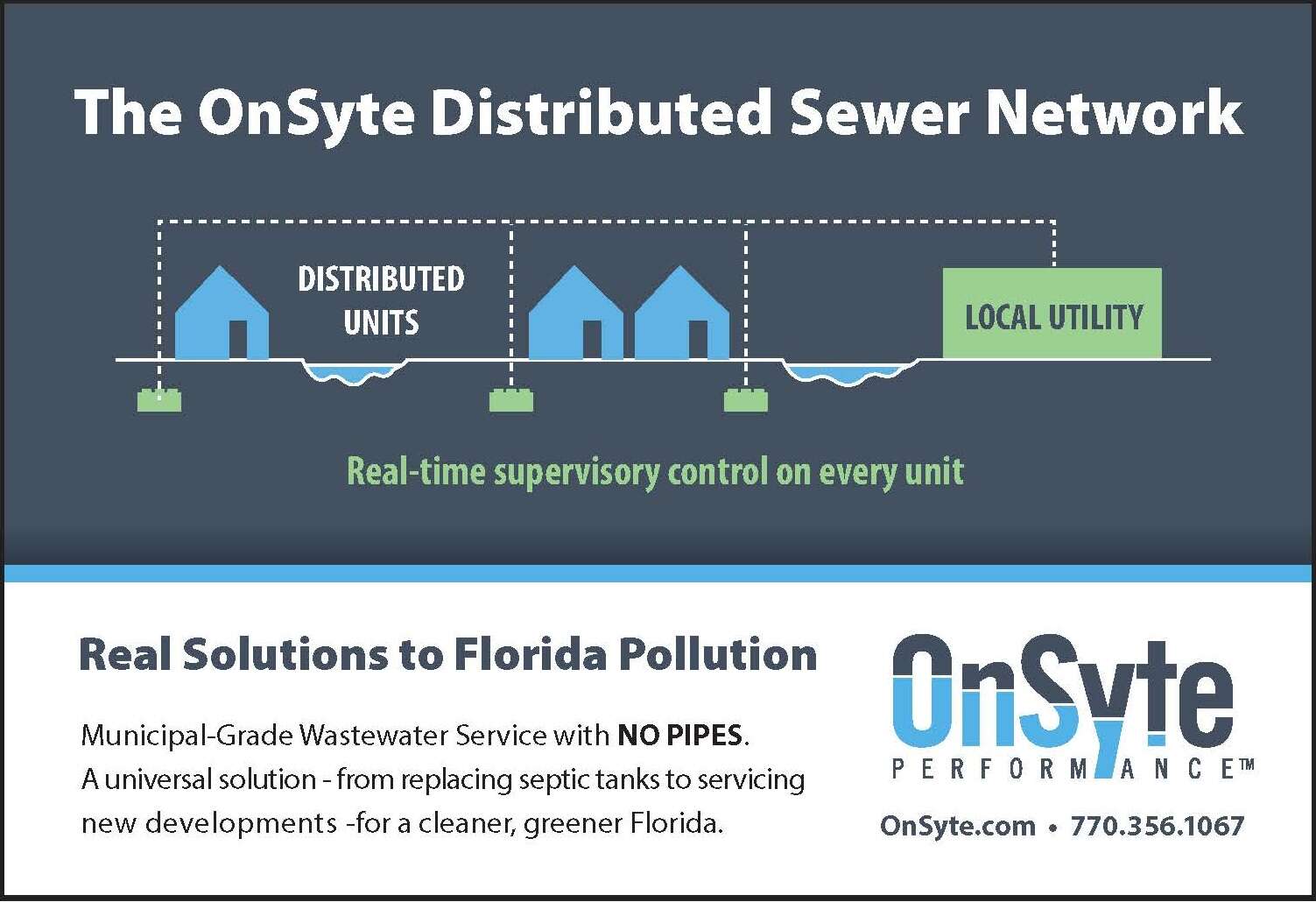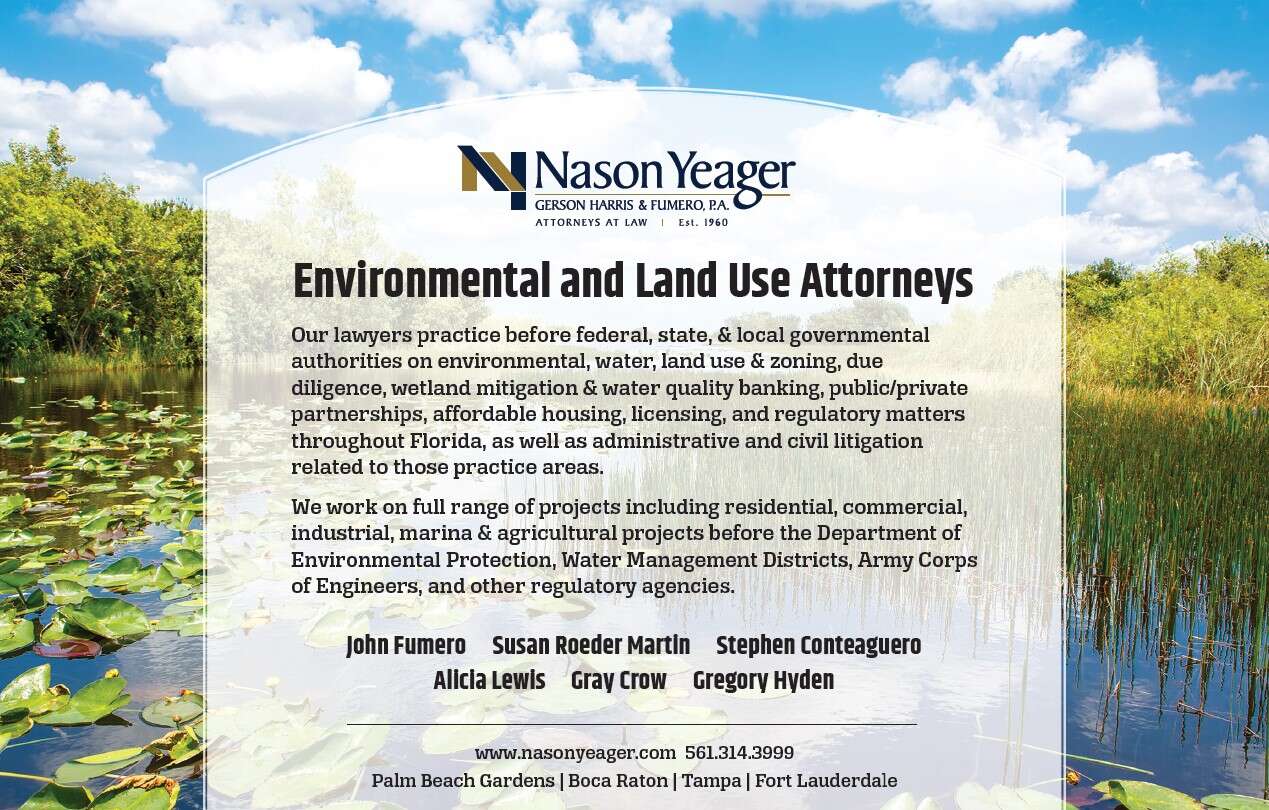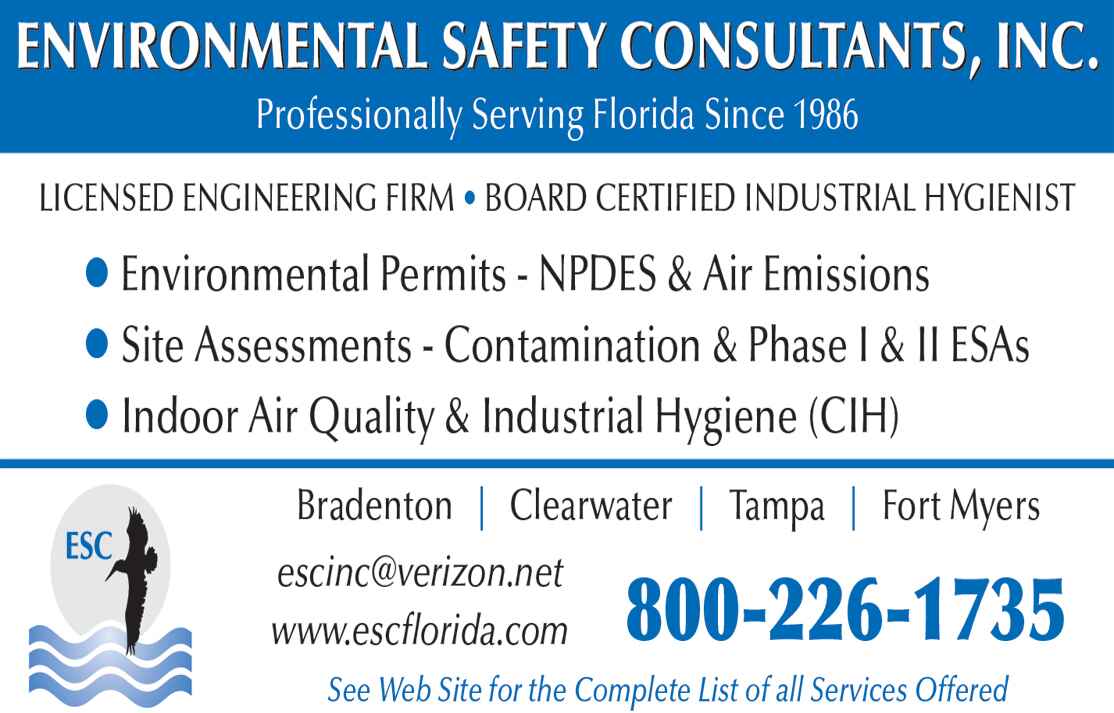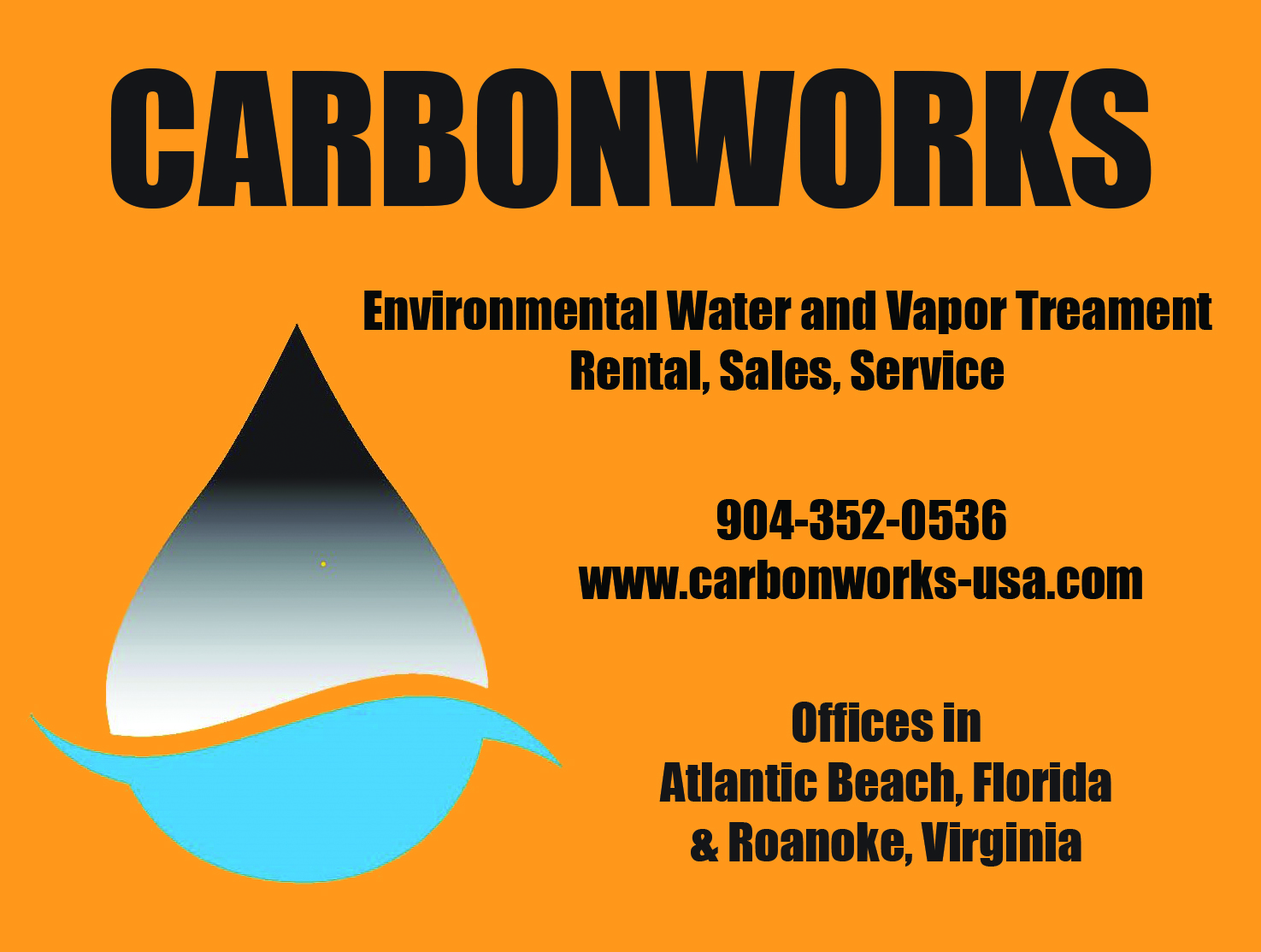By SUSAN STEPHENS AND FELICIA KITZMILLER
The U.S. Court of Appeals for the District of Columbia granted Florida’s request for expedited proceedings in consolidated cases regarding its assumption of jurisdiction under Section 404 of the Clean Water Act. This expedited schedule comes as the first good news for Florida since the District Court vacated its assumption program and sent jurisdiction back to the U.S. Army Corps of Engineers (ACOE).
Section 404 regulates discharges of dredge or fill material into waters of the United States (WOTUS), including wetlands. While the ACOE typically has jurisdiction over these activities, Section 404(g) provides a mechanism for states to apply to the U.S. Environmental Protection Agency (EPA) to assume control of the Section 404 regulatory program over non-navigable WOTUS in that state. In December 2020, the EPA approved Florida’s Section 404 program, one of only three such programs in the country and the first in decades. The approval was promptly challenged by multiple environmental organizations.
On February 15, 2024, the District Court for the District of Columbia ruled in favor of the plaintiffs and vacated EPA’s approval of Florida’s 404 Program on Endangered Species Act (ESA) grounds. The ESA prohibits the unauthorized “take” (e.g., death, harm, harassment) of endangered or threatened species without appropriate authorization. One way to authorize “take” is through Section 7 of the ESA; this section requires federal agencies to consult with the appropriate federal wildlife service, depending on the species, if action they take may affect federally listed species. If that effect is likely to be adverse, the service must prepare a biological opinion. If take is reasonably certain to occur, they must also prepare an incidental take statement authorizing a specified amount and extent of “take” and containing measures and conditions to offset the impact of the take.
The District Court held that the Programmatic Biological Opinion and Incidental Take Statement the U.S. Fish & Wildlife Service (USFWS) issued for EPA’s approval of Florida’s 404 Program did not comport with ESA requirements for such documents. This programmatic document had the effect of shielding a permittee from ESA take liability if the permittee followed the permit conditions the USFWS put into the permit. The District Court held that the Programmatic Biological Opinion and Incidental Take Statement violated the ESA for lack of specificity, such as failing to identify which and how many species would be harmed. The District Court vacated Florida’s 404 Program prospectively as to all pending and future permit applications, effective immediately. Florida sought—and the District Court denied—a stay of the ruling, given the disruption it would cause the regulated community. The Section 404 program is back in the hands of the ACOE for all WOTUS in the state.
The vacatur was appealed in April (Center for Biological Diversity v. Regan, 2024 WL 1602457 (D.D.C. Apr. 12, 2024)) to the U.S. Court of Appeals for the District of Columbia and Florida requested that the appeal be expedited to minimize disruption. In late June, the Court granted the request and set an expedited briefing schedule. The briefing schedule was modified when the Court granted a contested motion by the federal defendants for an extension of time to file an opening brief. Initial briefs will be filed by Sept. 16, with reply briefs due in December and final briefs in January. Amici curiae briefs in support of the appellants must be filed no later than Sept. 23, with no provisions for amici curiae to file in support of appellees. Oral argument will be set at a later date.
This article originally appeared in What’s Developing—Summer 2024: Insights, Trends & Updates from Stearns Weaver Miller’s Land Development, Zoning & Environmental Team and runs in the Specifier with permission from the authors

Susan Stephens is a Shareholder in the Tallahassee office of Stearns Weaver Miller. She has over 30 years of experience practicing environmental & natural resource and administrative law, including rulemaking practice and procedure and administrative litigation.

Felicia Kitzmiller is an Attorney in the Tallahassee office of Stearns Weaver Miller. She focuses her practice on all aspects of land development, and helping clients resolve multi-faceted issues through the administrative process, litigation, or legislation.


